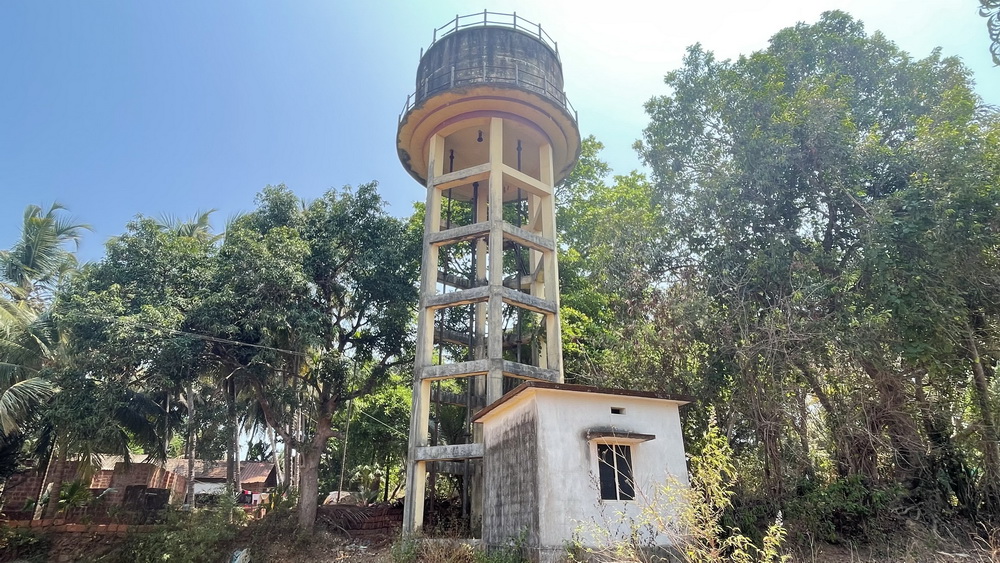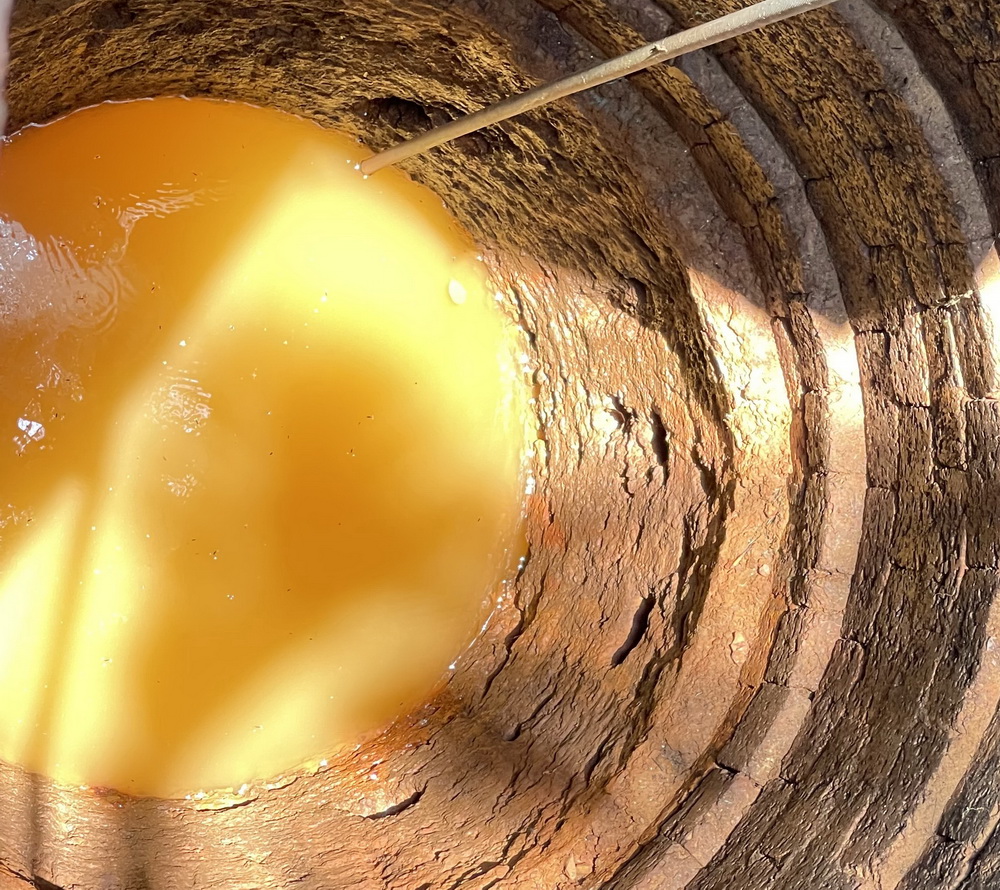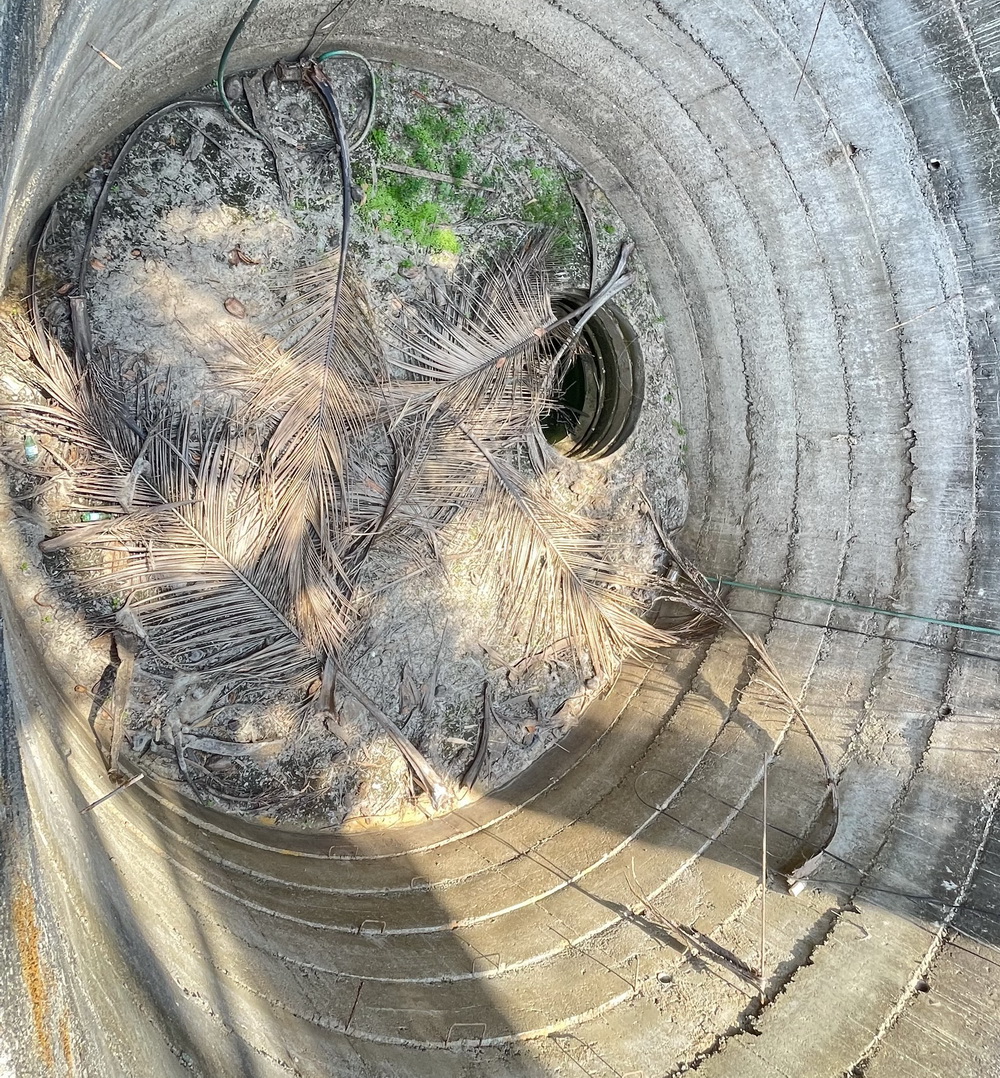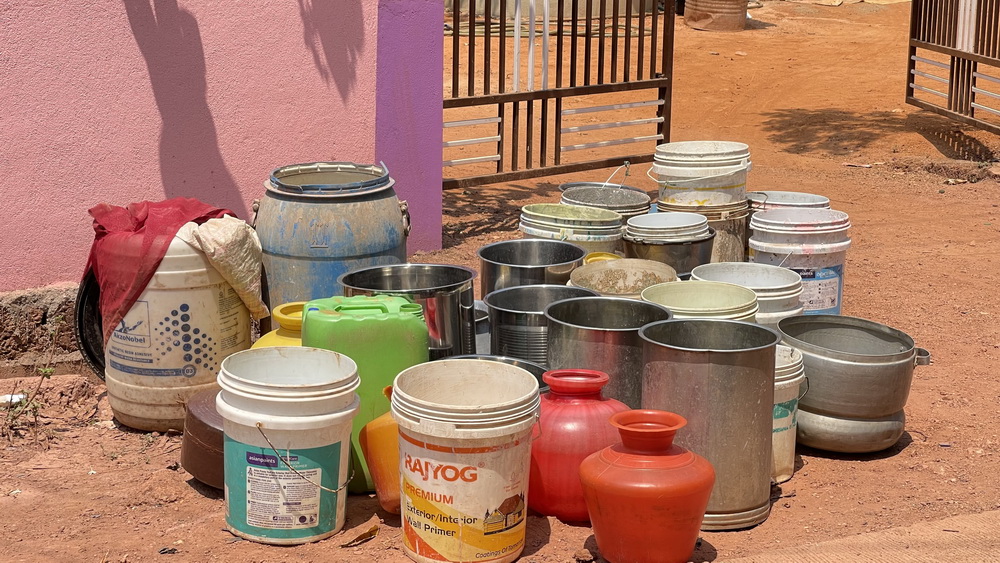
Bhatkal: The suffering caused by the scorching summer heat is untold across Bhatkal taluk. Not only in urban areas, but villagers also are crying for water. Over the past decade, crores of rupees have been misappropriated under the guise of drinking water supply, and the intense heat has further aggravated the suffering.
Numerous projects have been implemented in Bhatkal to provide drinking water. From the National Rural Drinking Water Supply Scheme to the Jal Jeevan Mission, there are countless initiatives. Politicians continue to solicit votes by showcasing these projects as achievements of their administration.
However, a closer examination reveals a disappointing reality; the promised drinking water has not materialized. Villagers' tears are flowing as they struggle for water.
Mismanagement and Corruption in Water Projects


Approximately 10 crores of funds were allocated for 21 projects over the past seven to eight years to provide drinking water to the people of Bhatkal. This included digging new wells and constructing high-rise tanks to store clean water from ponds, with plans to supply water to every home. However, under the patronage of political leaders, officers have manipulated these projects for personal gain. Contractors, in collusion with these officers, constructed high-rise water tanks and completed pipe connections without ensuring the availability of wells or ponds to supply water. Shockingly, by giving commissions to the concerned officers, contractors have had bills worth lakhs of rupees approved without delivering actual results.
Additionally, any newly dug wells have such low water levels that they either remain dry or contain water too dirty for human consumption. Consequently, although water tanks have been constructed in some places, the water does not reach these tanks.
When questioned by the public, officers deflect blame, saying, "Don't ask us, it's all the game of high officials and political leaders. What can we do?" About eight years have passed since this issue arose, but not a single drop of drinking water has been collected in these tanks under these schemes and projects.
The Plight of Villagers

As a result, people are forced to stand in queues in suburban and rural areas to receive water supplied by tankers. In some places, they are also compelled to drink dirty and opaque water.
The Jal Jeevan Mission, a central government scheme, has been heavily promoted in the run-up to the Lok Sabha elections. However, in Bhatkal, the situation with funds and projects under this mission mirrors the failures of the Rural Drinking Water Program. Crores of funds have been embezzled in the name of constructing tanks, water supply pipelines, and other infrastructure.
Voices from the Ground
Speaking to SahilOnline, villagers from Bengre expressed their frustration, saying, "Drinking water has not been available in our town for the last 10-15 years. We depend on the colored water of the well. For the past few days, the panchayat has been providing 8-10 buckets of water to each house by vehicle. If more water is needed, they ask us to provide space to dig a well beyond the highway. Where do we get space?" they asked.
Govind Naik, Vice President of Bengre Gram Panchayat, highlighted the flawed approach, stating, "They are constructing tanks and connecting pipes before identifying water sources, and then handing over the work to the Panchayat. After receiving bill payments, the officers responsible for implementing the Jal Jeevan Mission disappear."
The mismanagement and corruption surrounding water supply projects in Bhatkal have left residents in a dire situation, forcing them to rely on inadequate and contaminated water sources. The promised benefits of these schemes remain unfulfilled, perpetuating the water crisis in the region.
